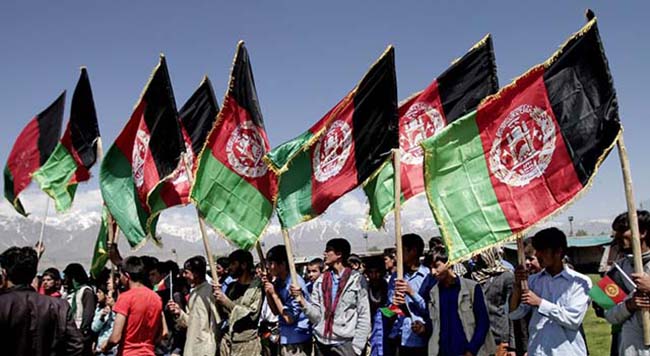Responsiveness and accountability is focused on to the centrality of the social contract between the state and citizens. That is: States require responding to the real needs of the people and being accountable for their decisions and actions before the people. Citizens should fulfill their part of the contract by participating in democratic processes, contributing to takes and generally participating in civic life.
However, recent events in parts of Asia, Africa and Latin America, underscores the importance of addressing democratic governance deficits at the national and sub-national levels in order to ensure the legitimacy of development policies and to support empowerment of people in the relevant context. Also, the findings of the various researches indicate that the public sector must undergo reform in order to build the trust of the citizens in government and public services and ultimately close the gap between the people and their governments. These findings suggest that such challenges facing these countries or regions cannot be tackled alone; therefore, it requires the public sector to be willing strongly to solicit the assistance and cooperation of civil society, the private sector, think tanks and the international community if it is to succeed in its development goals.
The current trends emphasize the need for a new social contract that needs giving more space for citizens to express their preferences and for governments to conceptualize the way responsibility and accountability are shared among the governments, the private sector and the civil society organizations for formulating development strategies and providing the essential services to the people.
Grasping the challenges as a means to make a real difference
The findings of the United Nations System Task Team show that, if the governments are to make a real difference for the people, they must grasp the dimensions of the challenge. They must recognize that the drivers of that challenge include unsustainable lifestyles, production and consumption patterns and impact of population growth. As the population of any country grows and the number of middle class consumption may increase, and the demand for resources will rise exponentially.
As the quantity and quality of demands of the people change so fast, it requires a new political economy and democratic governance for sustainable development. It also, requires that environmental devastation shall be stopped through the consolidated actions of both governments and corporations. All levels and actors of governance shall embrace sustainable development for the future. All levels of governments need to move from silo mentalities to integrated policy making, one the main challenges of sustainable development in countries such as Afghanistan.
Eradication of poverty is something that leaders have promised time and again throughout the history. Today in may actually be done if there is a strong political will to do so. To achieve this, every government needs to undergo five big transformative shifts for a universal sustainable development agenda: 1) leave no one behind; 2) put sustainable development at the core; 3) transform economies for jobs and inclusive growth; 4) build peace and effective, open and accountable institutions for all; an 5) forge a new global partnership.
In addition, promoting empowerment of people equally in achieving poverty eradication, social integration and full employment and decent work for all is one of the preconditions for development strategies. The issue of social integration is one of the main lacks of development policies in Afghanistan. Considering the fact that Afghanistan is a multi-ethnic country, social integration plays a key role in the successful implementation of any development policy in the country because it ensures that no ethnic group is left behind. As the experience show, development policies in Afghanistan have not been formulated and implemented in a fair manner and even the policies which have been developed after 2011 have been biased non-inclusive here.
The concrete measures identified as enabling people’s empowerment include: 1) social policies addressing needs of disadvantaged social groups; 2) people-centered development as a core objective of social and sustainable development; 3) more comprehensive, integrated inclusive policies and programs that aim to improve access and opportunities for all; 4) strengthening the capacity of institutions facilitating the participation and engagement of citizens so that they become more efficient, effective, transparent and accountable; 5) ensuring access to justice and legal instruments to reduce/eliminate poverty and inequality; and 6) promoting inclusive sustainable labor markets, social protection and investments.
Last but not least, special efforts should be made to foster the participation of all people, including women, people living in poverty and those belonging go disadvantaged and vulnerable groups including children, youth, older persons and persons with disabilities, in all aspects of political, economic, social, civic and cultural life, particularly the planning, implementation, monitoring and evaluation, as appropriate, of policies that affect them.
Home » Opinion » Formulating Development Policies Responsive to the Needs of all groups
Formulating Development Policies Responsive to the Needs of all groups
| Sakhi Rezaie

